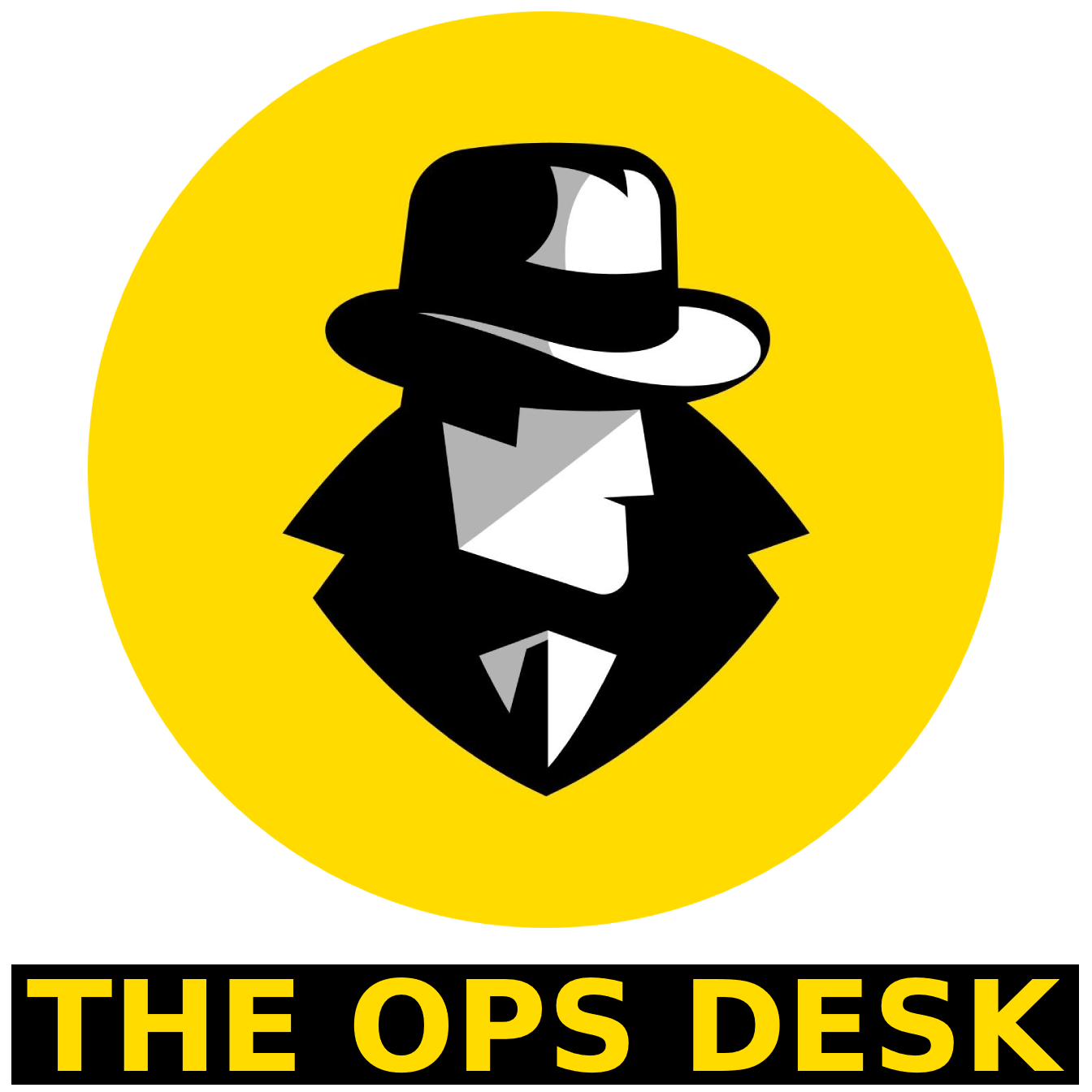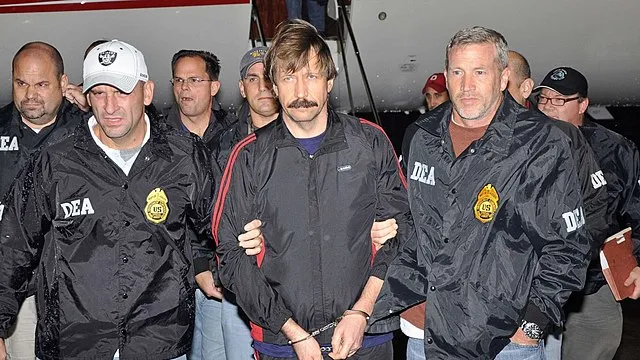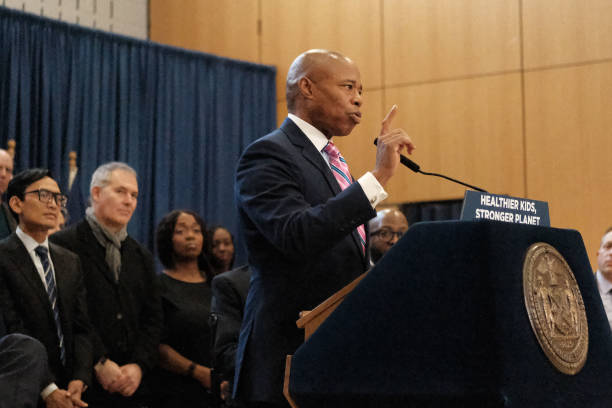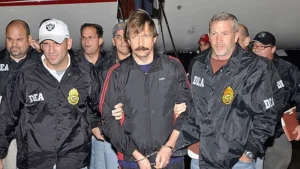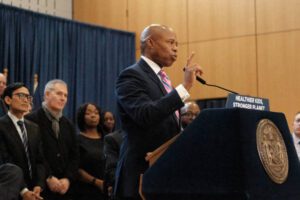Civil Rights Activists Killed by the Klan
On June 21, 1964, three young men were travelling on a back road in Mississippi when they were pulled over by a local Police Officer. The three men were part of the civil rights movement and members of the Congress of Racial Equality (CORE). They were in Mississippi to participate in the Freedom Summer campaign that was designed to register black voters in the deep south.
New York natives Andrew Goodman and Michael Schwerner had met up with local man James Chaney to drive from Meridan, Mississippi to Longdale, Mississippi to speak with parishioners at a church that had been burned.
The car stop occurred on a country road in the town of Philadelphia, Mississippi on their return trip from Longdale. Neshoba County Sheriff Deputy Cecil Ray Price pulled the trio over for speeding and brought them to the jail for investigation and processing. They were released hours later and resumed their journey.
The three activists noticed that the same Deputy was tailing them. Again, they were stopped, but there would be no speeding ticket or investigation this time. Deputy Price was a member of the White Knights of the Ku Klux Klan. He had arranged for other members of the Klan to meet him. The three civil rights activists were removed from the car and turned over to mob of Klan members.
The bodies of the three men were found on August 4th, 1964, after an anonymous tip to the FBI led them to a shallow grave. The agents already suspected that Cecil Price was involved and requested that he assist in the digging to gauge his reaction. Price dug up the bodies without any indication of guilt or regret.
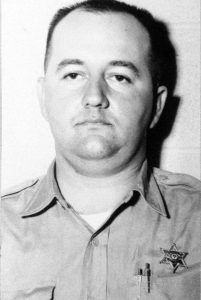
Prosecutors in Mississippi would not bring charges against the Klansmen and their co-conspirators for murder. The FBI worked with the US Attorney in Mississippi to bring indictments for civil rights violations against 18 defendants including Deputy Price. Although only 7 were found guilty (including Price), it was considered a victory for civil rights in Mississippi. Most murders of black people in the state never saw the inside of a courtroom.
The events in Mississippi during the summer of 1964 were the basis for the award-winning movie, Mississippi Burning. Several other murders of civil rights activists that year helped Lyndon Johnson get the 1964 Civil Rights Act and the 1965 Voting Rights Act passed into law.
Thanks for reading The Ops Desk!
